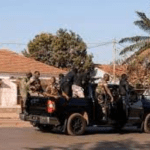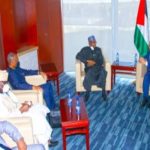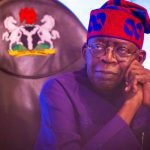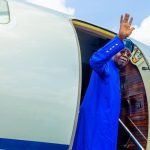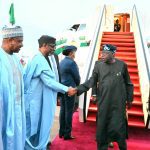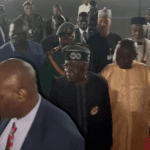President of Guinea-Bissau, Umaro Sissoco Embalo, has announced the establishment of a new administration, assigning the newly chosen figurehead the vital task of battling corruption.
The country is currently experiencing a crisis, as seen by the dissolution of the Assembly and recent conflicts that President Embalo has called a “coup attempt.”
Mr Embalo also appointed a new 33-member government made up of 24 ministers and nine secretaries of state, drawn from his camp and the opposition PAI-Terra Ranka coalition, which remains in the majority in the new government team.
These new ministers and secretaries of state are due to be sworn in on Thursday, according to an official programme.
The new Prime Minister, Rui Duarte Barros, was head of a transitional government in the early 2000s, after serving as Finance Minister in the late 1990s.
He replaces Geraldo João Martins, who was ousted on Wednesday, eight days after being reappointed as head of government.
Both leaders are members of the historic PAIGC party, which heads the PAI-Terra Ranka coalition, which won a majority in the National Assembly with 54 of the 102 seats in the parliamentary elections held in early June.
Mr Martins was reappointed as head of government on 12th December despite the dissolution of the National Assembly by President Embalo following clashes between the National Guard and the army on 1st December, which left at least two people dead in the capital Bissau.
The dissolution of parliament calls for legislative elections to be held at an unspecified date.
The President of Parliament, who has long opposed Mr. Embalo, called the events of December 1st a “constitutional coup d’état,” while the Head of State of Guinea-Bissau called them a “attempted coup d’état.”
The National Guard stormed the Judicial Police building on December 1st, igniting the skirmishes. The Minister of Economy and Finance and the Secretary of State for the Treasury were being questioned for a ten million dollar withdrawal from the State funds.
The conflicts are perceived as an additional manifestation of the profound political divisions inside the state that also impact the security forces.
Since its independence from Portugal in 1974, Guinea-Bissau has seen a string of coups or attempted coups.



